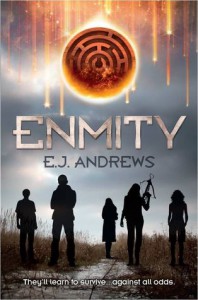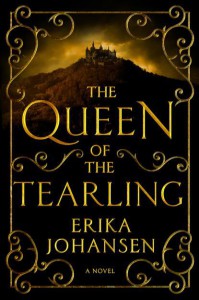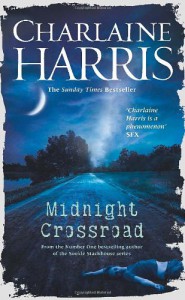Why children's books are important at any age
A few months ago, American writer Lynn Shepard caused an online outrage with her absurd Huffington Post article entitled “If JK Rowling Cares About Writing, She Should Stop Doing It“. The article was as petty as the title suggests, the author coming across bitter and green with envy at Rowling’s success. Of the many ridiculous moments of the piece, the part that stood out the most for me was where Shepard stated that, although she hasn’t read the Harry Potter books, she thinks it “a shame that adults [are] reading them (rather than just reading them to their children, which is another thing altogether), mainly because there’s so many other books out there that are surely more stimulating for grown-up minds.”
Remember, Shepard hasn’t read the books – or even seen the films – so all she knows about the Harry Potter series is that it is immensely popular, read by adult and child alike, and written for children. Based on these details, she has assumed that all Harry Potter books are not worth reading seriously by any adult.
In the context of that particular article, it is easy to shrug off such comments as mere ranting by a jealous writer. Unfortunately, this statement seems to exemplify a commonly held belief: that books written for children are not as intelligent – not worth as much – as those written for “grown-ups”. Children’s books are thought too simple, too silly to be taken seriously. There have even been entire articles written about it, not just limited to frustration at J.K Rowling’s success. One article I came across begins: “Read whatever you want. But you should feel embarrassed when what you’re reading was written for children”.




 1
1


















